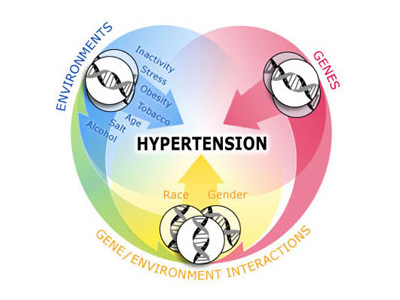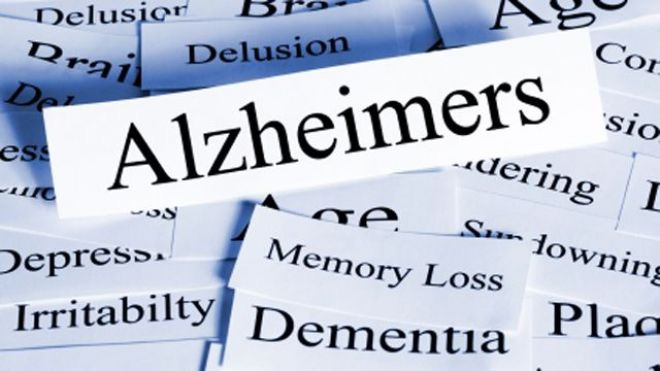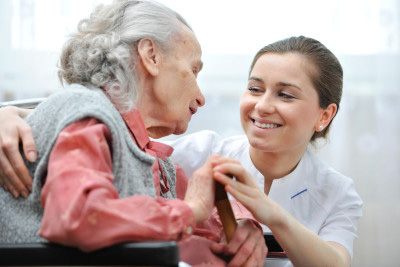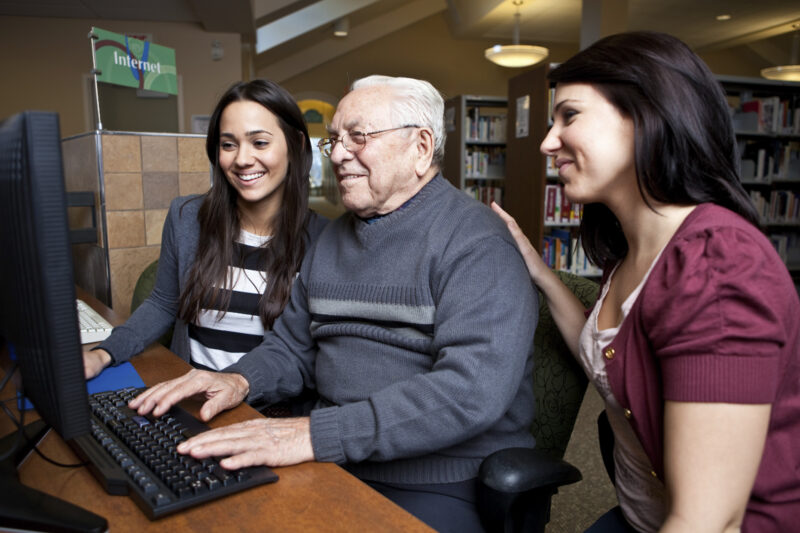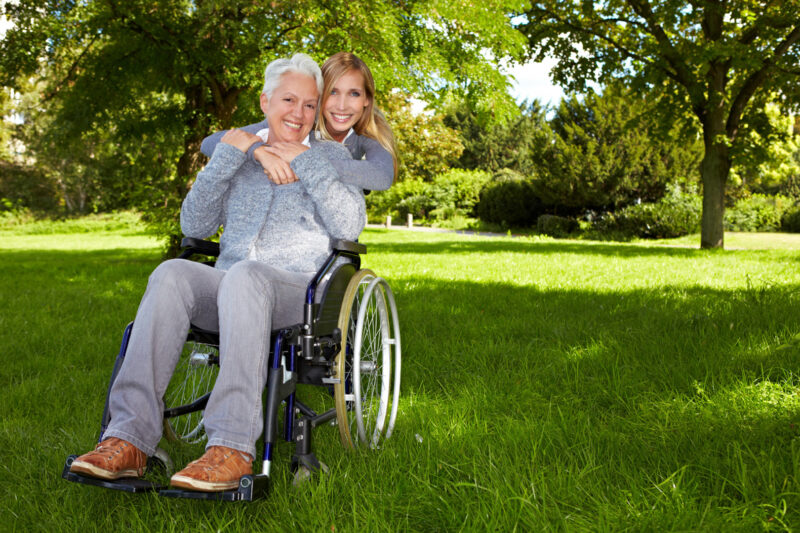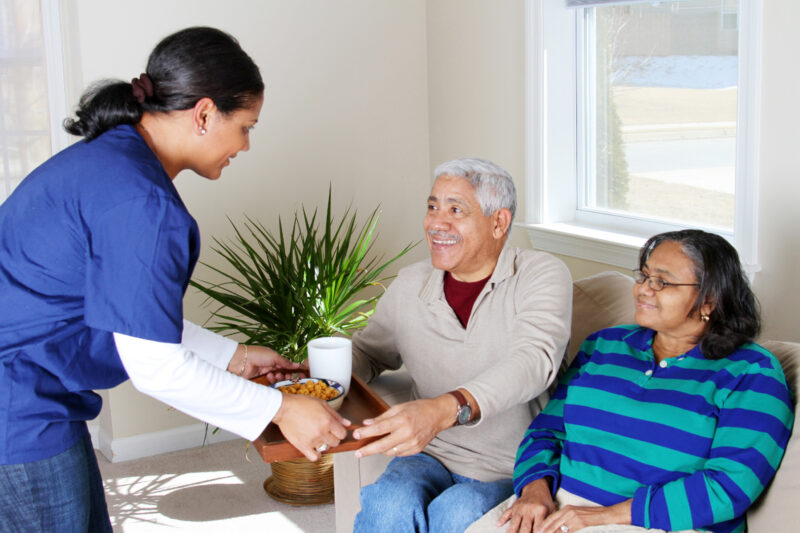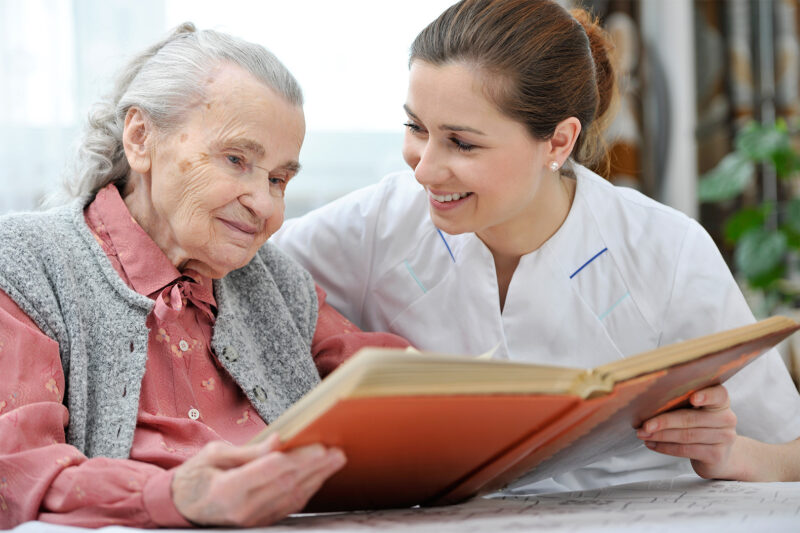Flu (Influenza) is an acute respiratory disease of viral etiology, occurring with symptoms of general intoxication and damage of respiratory tract. The influenza virus is very easily passed. The most common route of infection – airborne. Another route of virus transmission is also possible (although much rarer) and that is infection through various articles of daily […]


